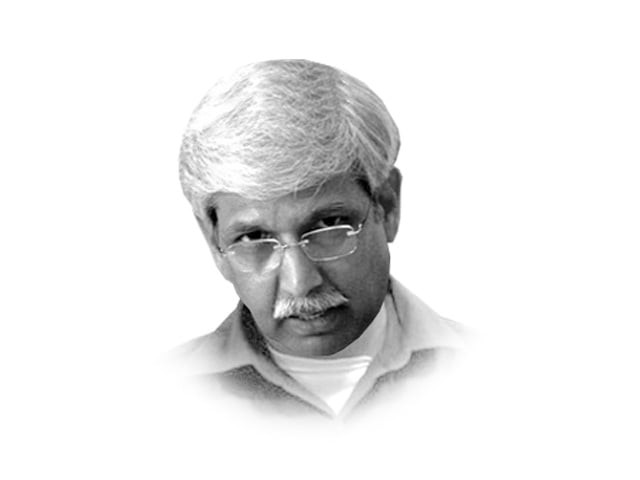Our societal inaction
Civil society must review its constitution to appeal to a wider base and incorporate masses on issues.

In direct contrast, if one were to define the civil society, let’s say in Egypt, Tunisia or even Libya, and the effect that these movements have wrought on these countries’ political landscapes, the differences are phenomenal. The usual recourse is to count public reaction, during most of our military regimes, to issues that became causal factors for the changes that ensued — partly because of the momentum created by the reaction among the masses. Ayub Khan relented to popular dissatisfaction when sugar prices became an issue. This would not have affected as much the elite, from whom usually emerge Pakistan’s civil society, but the masses or ‘the uncivil majority’.
East Pakistan saw a true people’s movement that got its due return in the form of secession. Sporadic resistance to Ziaul Haq’s despotic ways was another partial success story, though, that neither gave us a regime change nor became the game-changer, as is currently in progress in the Middle East. Musharraf decided to go only when he fouled miserably on the chief justice issue and the lawyers took the lead in defending against such an excess. Yes, some civil society groups, as we define them above, did piggyback on the lawyer’s movement as indeed did some political parties, but it remained essentially a professional group’s organisational response. Nowhere has the civil society brought about a profound change in any of our societal tribulations.
Pakistan’s civil society is liable to cherry-pick on issues; confronting military regimes as a more visible and popular elitist cause. Could it be that the elite out of power hanker after control of both power and resources? Such recourse has hardly ever benefitted the masses who remained alienated and outside of any cumulative societal response. Some have nobler associations: The labour groups, the haris fronts, etc but these largely remain leftover causes from a bygone era, now forgotten with the demise of the political left in this country. Other than Zulfikar Ali Bhutto, who remains the only bastion of true socialist beliefs for a transitory moment in Pakistan’s history, and who legislated in favour of the downtrodden, there has never been a significant undertaking by civil society groups to alleviate any of the privations of Pakistan’s poor. That leaves major questions on the role of the civil society as indeed on its narrow representative base.
So what does one learn from the Middle East experience? One, societal responses can agitate corrective political reformation and on as massive a scale as to become political game-changers. Two, societal responses are based on wider participation and acceptability within the large mass of a nation and that elitism in societal causes remains on the fringe and never enables the critical mass that is for correction in state behaviour. Three, the fragmenting Pakistani society is in desperate need of necessary pressures to cause a course correction; in a unique paradox the fragmented society is incapable of generating such pressures. In the absence of any social action, exploitation continues unabated, power of the gun rules and fear dominates any sense of propriety. Pakistan’s civil society must review its constitution to appeal to a wider base and work to incorporate masses on issues with a wider appeal. That only may save this society from unravelling.
Published in The Express Tribune, March 12th, 2011.















COMMENTS
Comments are moderated and generally will be posted if they are on-topic and not abusive.
For more information, please see our Comments FAQ